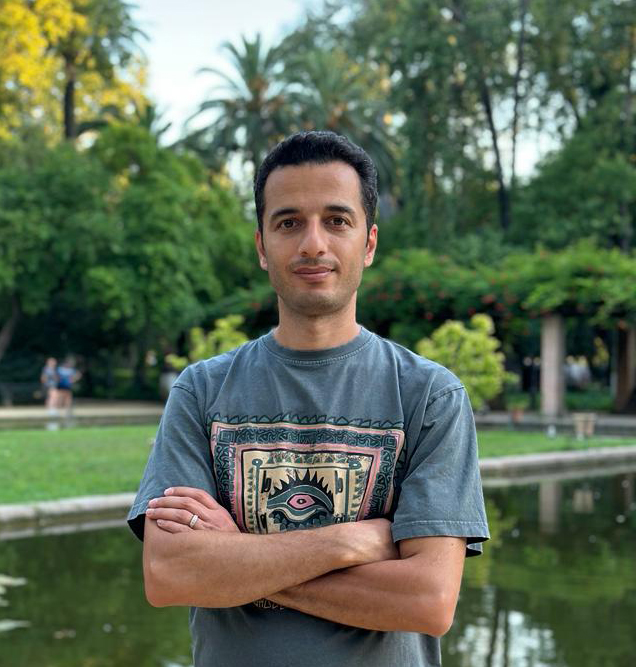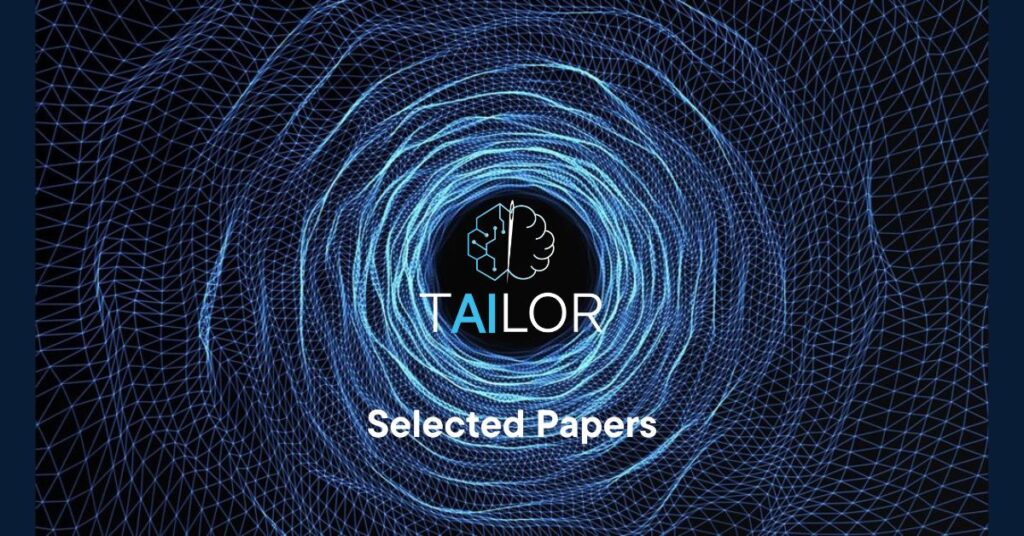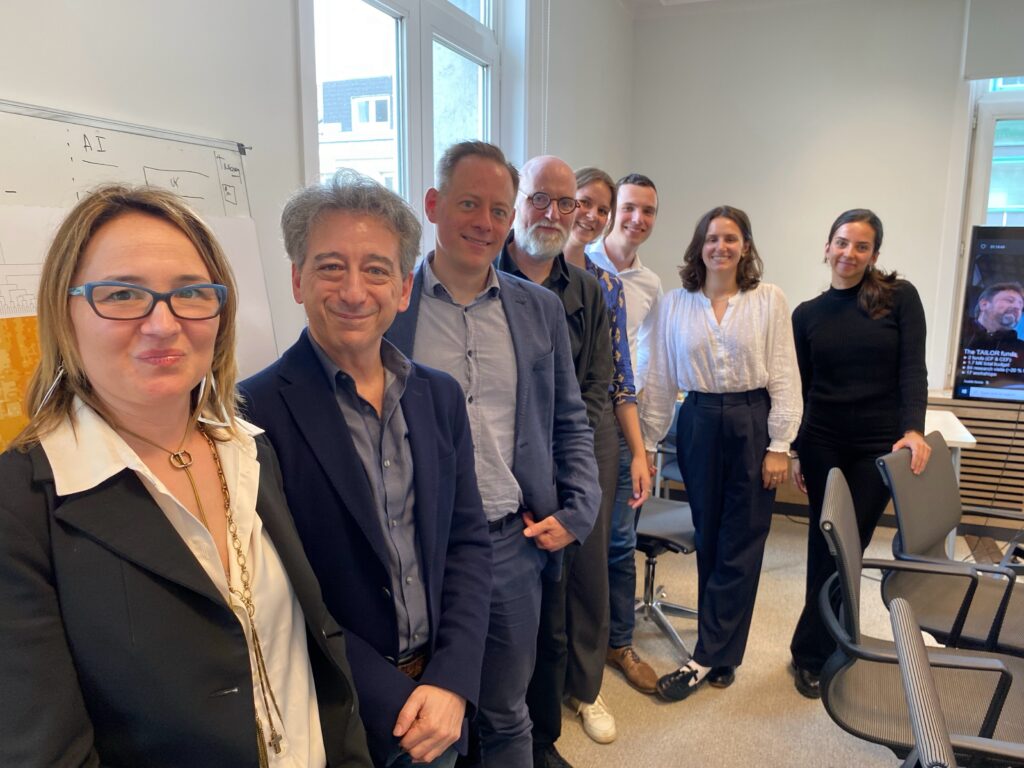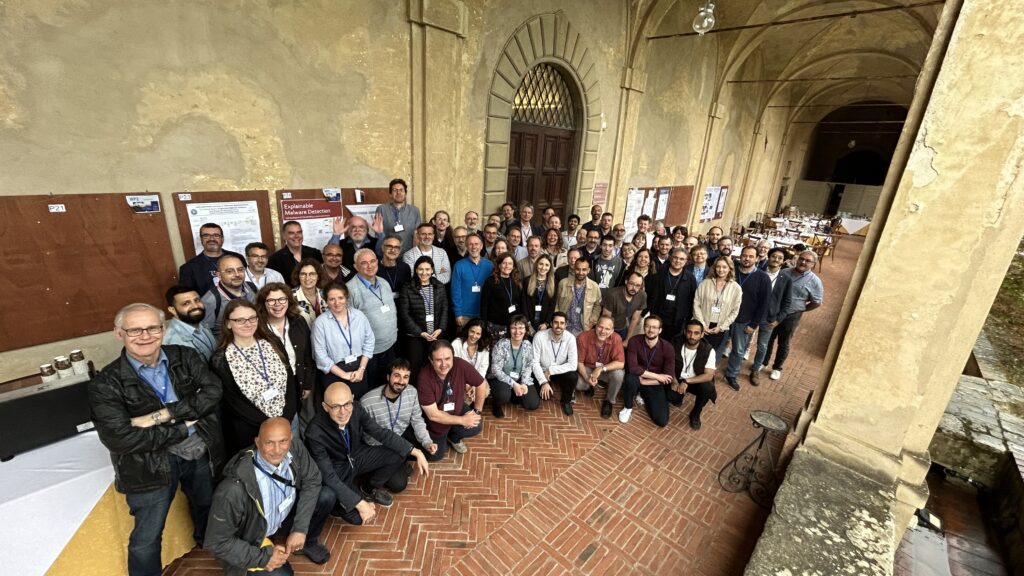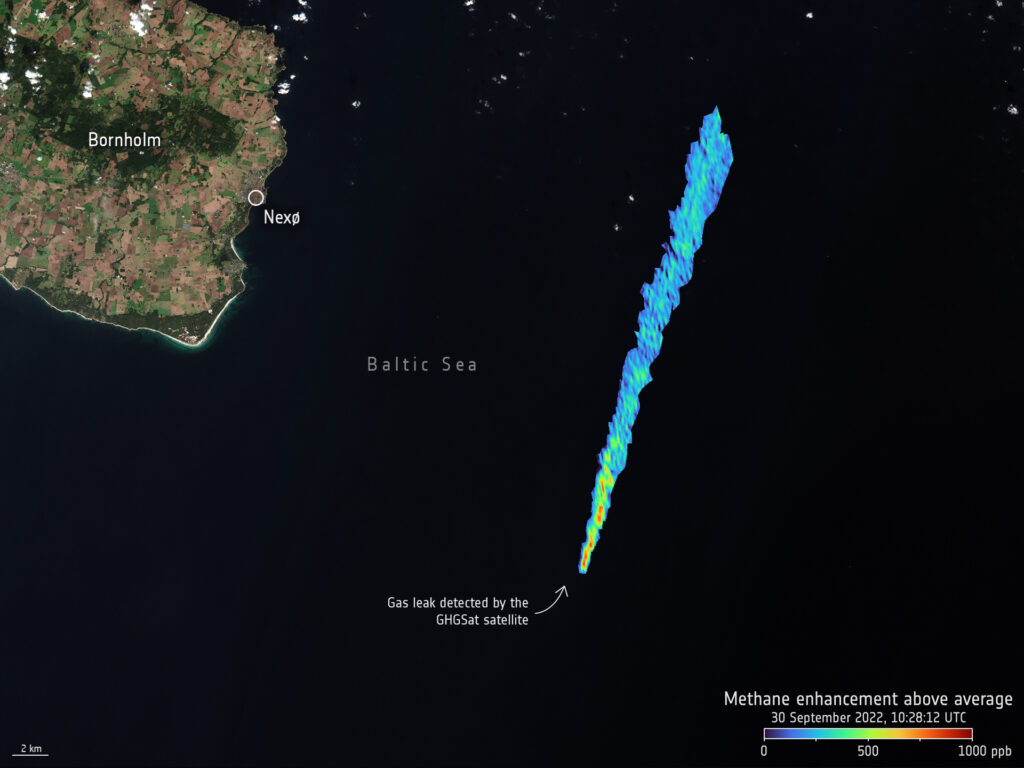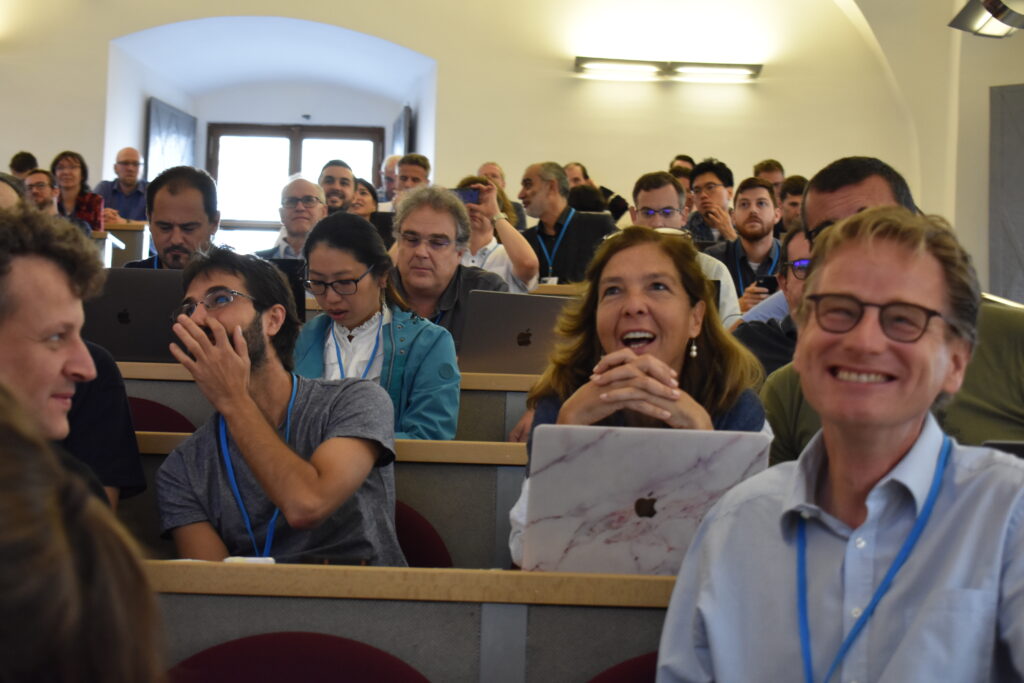Alzheimer’s Diagnosis: Multimodal Explainable AI for Early Detection and Personalized Care
Nadeem Qazi Senior Lecturer in AI machine learning at University of East London,UK Alzheimer’s disease (AD) is becoming more common, emphasizing the need for early detection and prediction to improve patient outcomes. Current diagnostic methods are often too late, missing the opportunity for early intervention. This research seeks to develop advanced explainable AI models that […]


